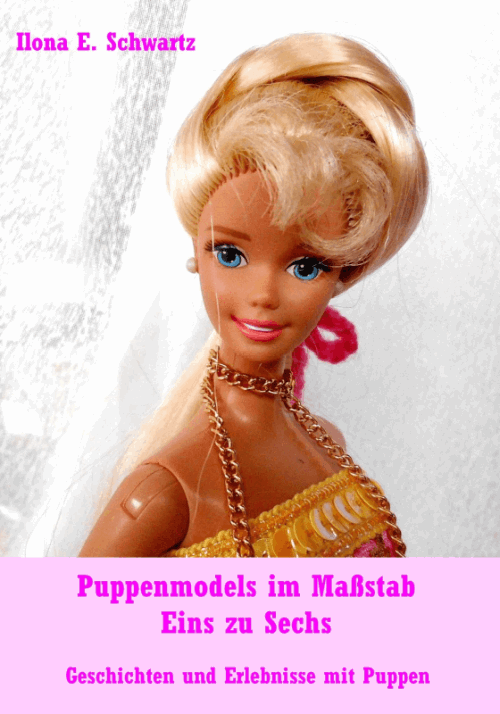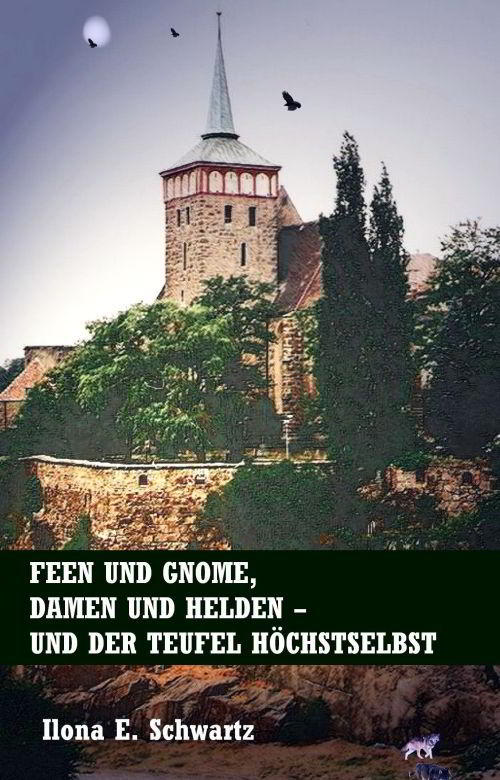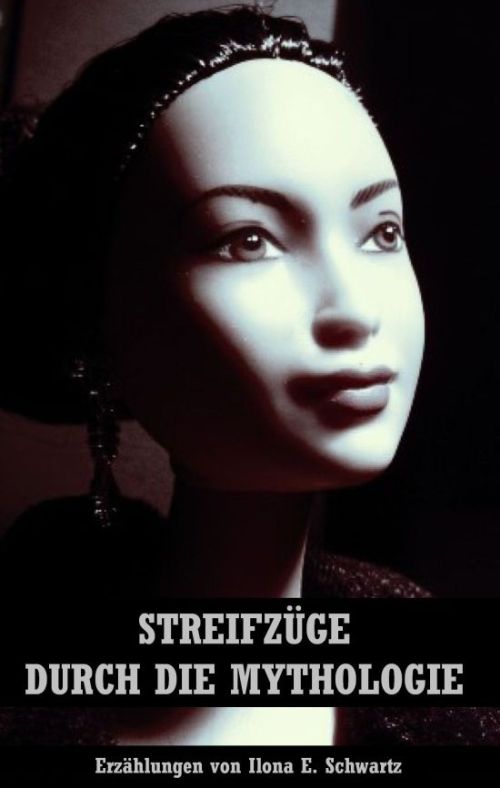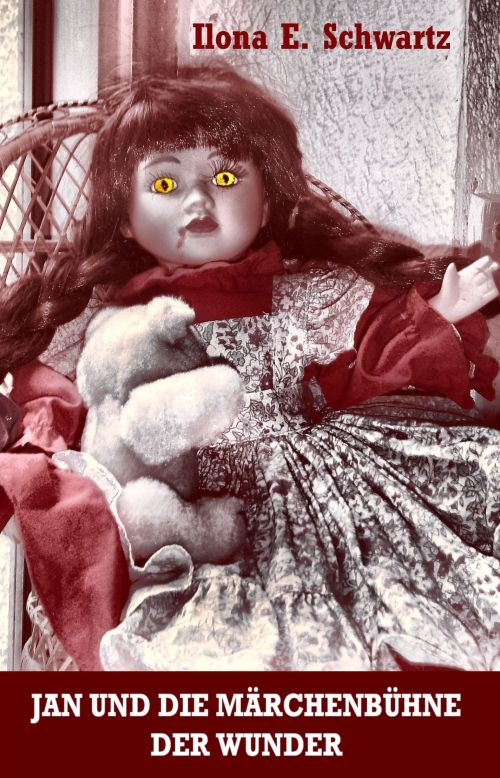
|
Full of hope into the horror of the unknown
Review of "The Hunger Angel". A novel by Herta Müller
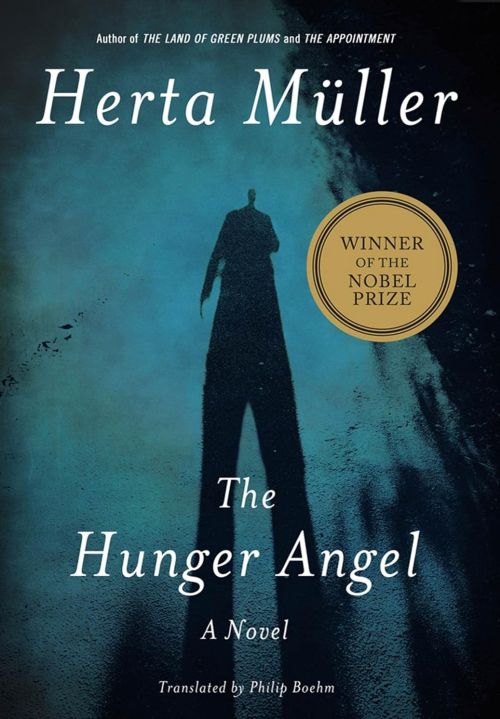 © Metropolitan Books
© Metropolitan Books
"The Hunger Angel" is a masterful novel by Herta Müller, winner of the 2009 Nobel Prize, praised for depicting the "landscape of the dispossessed" with "the concentration of poetry and the frankness of prose", according to the Nobel Committee.
The German title "Atemschaukel" means "breathing swing". Müller's book has been relatively underrated in the English market, which I think is a shame.
The fate of the deportees is the subject of countless accounts. Many descriptions – some of them very detailed – each of which is impressive in itself. The seemingly trivial and, above all, the banal are usually the links that make up the chain of terror. Thin and barely perceptible at first, they become heavy and burdensome. Truly good storytellers allow the reader to play a crucial role in the forging of this chain, immersing them completely in the story – or, as in this case, behind the protagonist's forehead.
In her novel "The Hunger Angel", the author Herta Müller masterfully describes the small impressions of everyday life that repeatedly flash up like lightning and illuminate something with pinpoint accuracy. The green woollen gloves of an aunt or the red silk scarf – these things are brought to the fore as if by chance. They appear in the casual focus of the protagonist, who is only 17 years old and about to be deported to a Russian camp.
It is precisely this casualness that quickly gives rise to an unease that is just as urgent as that of the young man, who actually sees the impending deportation as a stroke of luck. This is due to his own sense of confinement, which has nothing to do with the overcrowded deportation train. His confinement is the result of fear. He lives in a time when 'rendezvousing' with men in the park or public baths is outlawed and punishable by law. And cautious as he is, he is afraid. Offensive words, accidentally dropped, send him into a panic or a state of compulsive brooding.
Herta Müller describes a person who feels stifled and oppressed by silence – by his own silence. The silence in the neck is different from the silence in the mouth, the young man says. He wants to leave, to a place that doesn't know him.
In this way, Herta Müller tells the story of someone who, faced with an untenable – even unlivable – situation, ventures hopefully into an as yet unknown horror. The reader, who has a rough idea of what awaits the young man not only in the camp but also on the journey there, reads the hero's vividly described thoughts and shudders in advance.
And once the people are on the train, things happen that can still be translated into everyday life. Frozen goats, thrown into the wagons as food, end up as fuel – dry as they are. And then they accompany the people through the time of hunger. What the boy says about this is almost humorously casual. But the memory of something edible that was not eaten becomes an obsession later in the camp. The boy anticipates this, but remains in the present in his casual way. The reader thinks ahead, but is also fascinated by Trudi Pelikan's fur sleeves, which look like two half-doggies, and sometimes like a whole dog.
Herta Müller's narrative style is virtuoso; it works through a certain understatement, but it is more captivating than a passionate description could be.
The journey into the hellish everyday life of the camp and the horror that gradually emerges there, which has to be filtered through the mind in order not to become unbearable, is added to the chain of precisely used language and leads the reader, as if on a handrail, further and further into the hell that awaits the hero. His own logic and point of view make it survivable for him and for us.
In conclusion, "The Hunger Angel" is a genuine reading experience in a language that can really show what is meant.
My reading recommendation: (Advertising) The novel "The Hunger Angel" by Herta Müller is available in paperback, hardcover and e-book. The book is around 300 pages long.
© "Full of hope into the horror of the unknown": A book review of "The Hunger Angel" by Pressenet (translation by Izabel Comati), 03/2025. Book cover: Metropolitan Books.
– A plant from the kitchen garden: The stinging nettle
– I wanna marry Bruce Springsteen (Short story)
– Presentiments are slight shadows in my thoughts (Fantasy story)
Discover more articles! Use the search function:
English archive:
More reviews, book presentations and essays
2024/2025
German archive:
2024 |
2023 |
2022 |
2021 |
2020 |
2019 |
2018 |
2017 |
2016 |
2015 |
2014 |
2013 |
2012 |
2011 |
2010 |
2009
Become a writer for Pressenet! Write articles for our online magazine on trending topics such as best books to read, health and wellness, technology and gadgets, business and finance, travel and tourism, lifestyle and fashion or education and career. Info: Become an author
Sponsors and investors are welcome: If you found our articles interesting, we would be grateful for a donation. Please also recommend us to your networks. Thank you very much!
Sitemap About Privacy Policy RSS Feed



